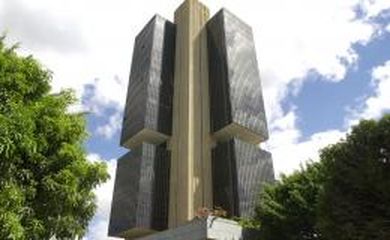Brazil's foreign accounts report lower deficit in 2015




Tulio Maciel, head of the Central Bank's economic department
Since the dollar has risen and the economic activities dropped, the demand for goods and services abroad fell in 2015. Thus, the deficit in Brazil's foreign accounts, which are the international buying and selling of goods and services, and global income transfers, stood at $58.942 billion in 2015, equivalent to 3.32% of the country's production—gross domestic product (GDP).
The result was below Central Bank's forecast for the year, which was $62 billion or 3.48% of GDP, and is the lowest value of the historical series started in 2010. In 2014, the current account deficit (foreign accounts) reached $104.181 billion, or 4.31% of GDP.
"The lower dynamism of the economic activity in 2015 affected the demand for goods and services abroad. It is a positive and favorable result, considering the instable and uncertain global and even domestic context," said Tulio Maciel, head of the Central Bank's economic department.
According to him, the dollar almost 42% more expensive in 2015, compared with the previous year, has also had an impact on foreign accounts. "This increases the cost of goods and services abroad," he said. On the other hand, the high dollar boosts exports and leads to a better trade balance.
In addition to these factors—the economic activity and the exchange rate—, taken as cyclical by Maciel, he has also mentioned "structural" characteristics of the country that have contributed to the deficit reduction. He pointed out the floating exchange rate regime, in which a currency's value fluctuates in response to the market's supply and demand.
Maciel also noted that unlike the country's situation in the 80s and 90s, the country's liability is now focused on investments. "In the past, interest accounted for the main part of the bottleneck. Currently, because most of the liability comes from investment, the counterpart of this liability is formed by profits and dividends, which is a pro-cyclical spending. In periods of bonanza, the flow grows; in difficult periods, it declines," he pointed out.
Maciel also mentioned the country's robust consumer market as a structural factor. "There are almost 200 million consumers, with investment opportunities in various sectors. And a high volume of reserves, which is also essential to note," he said.
Translated by Amarílis Anchieta
Fonte: Brazil's foreign accounts report lower deficit in 2015


